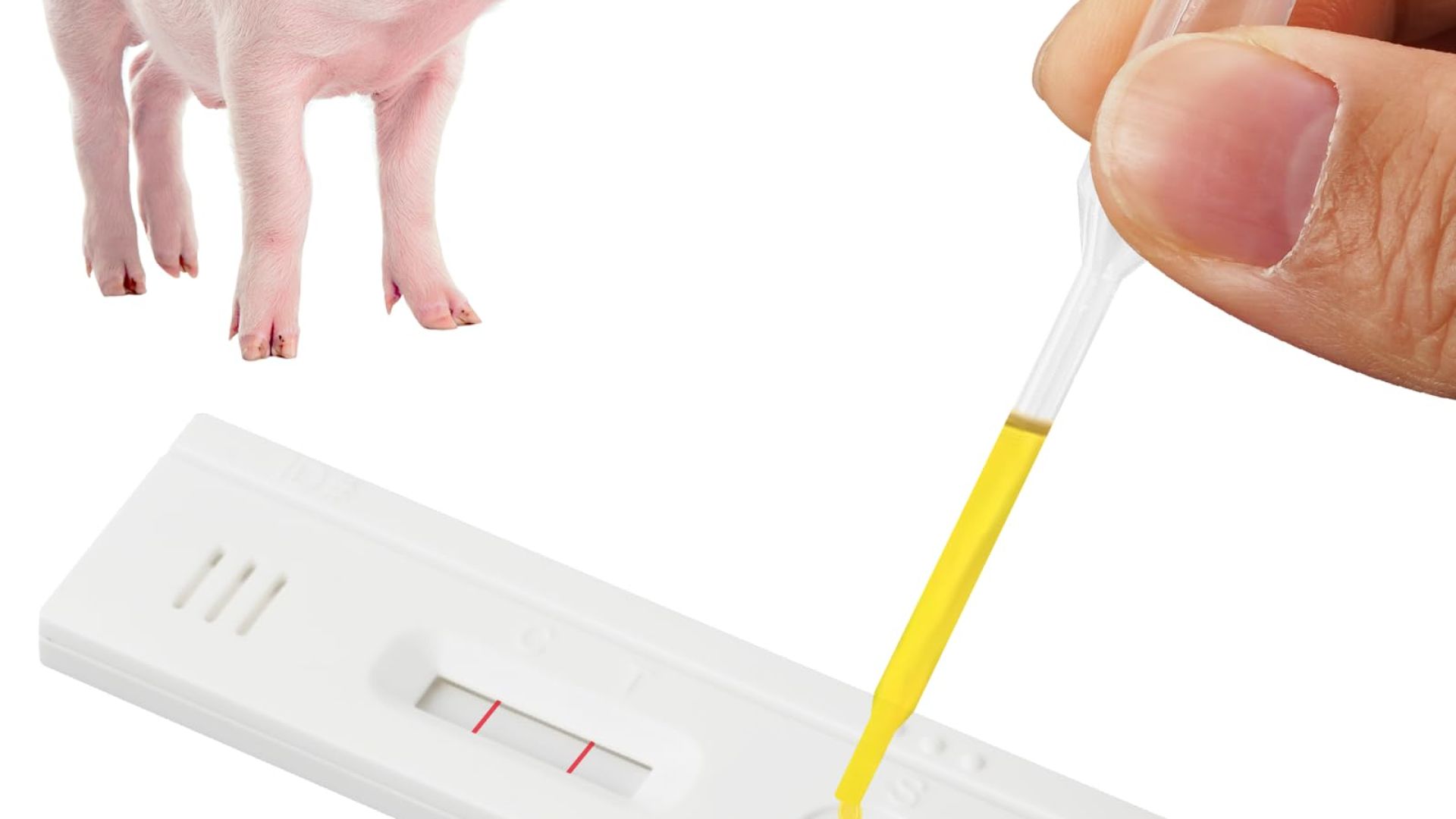Welfare issues resulting from feed restriction in pregnant sows

According to Council Directive 98/58/EC (1998) animals must be fed a diet that is appropriate to fulfil their physiological needs. However, pregnant sows are generally fed at a restricted level to avoid a high body condition score and the risk of farrowing problems.
With a review, EURCAW-Pigs aims to support inspectors of EU member states in understanding the science and regulations related to pig welfare concerning hunger induced aggression and stereotypies. Underlying mechanisms and causes of these behaviours in sows related to hunger are described. Furthermore, measures to reduce welfare risks related to aggression and stereotypies are discussed followed by suggestions how to measure these behaviours.
Restricted feeding of sows results in behavioural and physiological signs of hunger, including increased competition for access to feed (aggression) and an increase in stereotypic oral behaviours. Competition over feed may be reinforced by several management and housing conditions that are described in the review. Hunger leads to frustration, that may develop into stereotypies.
Inspectors can measure aggression directly, by observing behaviour, and indirectly, by assessing the resulting skin lesions. Stereotypic behaviours can be observed based on so called ‘ethograms’ which describe the different types of stereotypies.
There are several ways to reduce the welfare issues resulting from feed restriction. They divide into possibilities to reduce the underlying problem of hunger and those to mitigate the resulting aggression and stereotypies. To reduce the root cause of the problem, sows need to feel more satiated during gestation which can be achieved by e.g. a higher content of fibre in the diet. Possibilities to mitigate aggression and stereotypies relate to aspects of housing such as space, flooring, substrates, feeding system, and complexity of the environment.